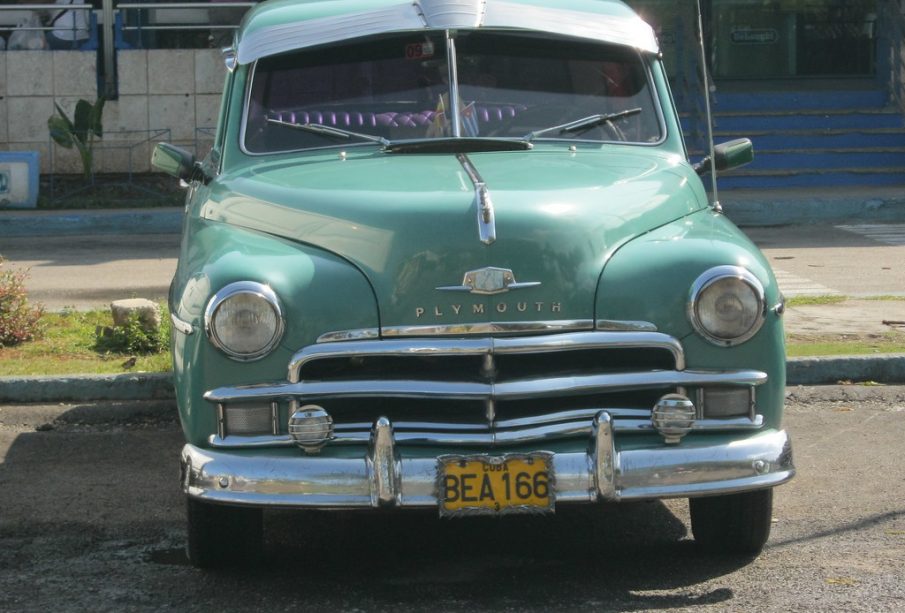Cuba: Navigating Change in a Time of Transition

Introduction
Cuba, the largest island in the Caribbean, has been a focal point of attention due to its unique political system, economic challenges, and rich cultural heritage. In recent years, the nation has faced significant changes that impact its economy and citizen life. Understanding these developments is crucial for those interested in geopolitics, economics, and Caribbean culture.
Current Economic Overview
2023 has been a pivotal year for Cuba, marked by an ongoing economic crisis that has deepened since the onset of the COVID-19 pandemic. The island’s economy is heavily reliant on tourism, which collapsed during the pandemic, leading to severe shortages of necessities such as food and medicine. This year, the government has extended its reforms aimed at liberalising portions of the economy to attract foreign investment and stimulate growth.
Political Landscape
Under the leadership of President Miguel Díaz-Canel, Cuba has pursued policies that encourage a degree of private enterprise. In a recent announcement, the government unveiled plans to attract $2 billion in foreign investment in the information technology sector. This shift signals a potential transformation in Cuba’s economic practices that may pave the way for further reforms.
Cultural Resilience and Social Issues
Cuban culture remains vibrant and deeply rooted, drawing from African, Spanish, and indigenous influences. The arts scene continues to thrive despite economic challenges; however, many artists and musicians grapple with limited access to resources. Social issues such as racial inequality and economic disparity persist, prompting activists both within and outside the country to advocate for change and rights.
International Relations
On the global stage, Cuba’s relationships, particularly with the United States, remain complicated. Although some restrictions have been lifted in recent years, the ongoing embargo continues to affect trade and economic opportunities. In 2023, Cuba has also strengthened ties with allies in Latin America and Asia, seeking to diversify its partnerships to bolster its economy.
Conclusion
Cuba stands at a crossroads as it navigates its economic challenges, political reforms, and cultural identity. The global community watches closely, as changes in Cuba may influence not only its future but also the broader dynamics of the Caribbean region. As international relations evolve and internal changes continue, the resilience of the Cuban people and their rich cultural tapestry will remain significant assets for the island’s future.








